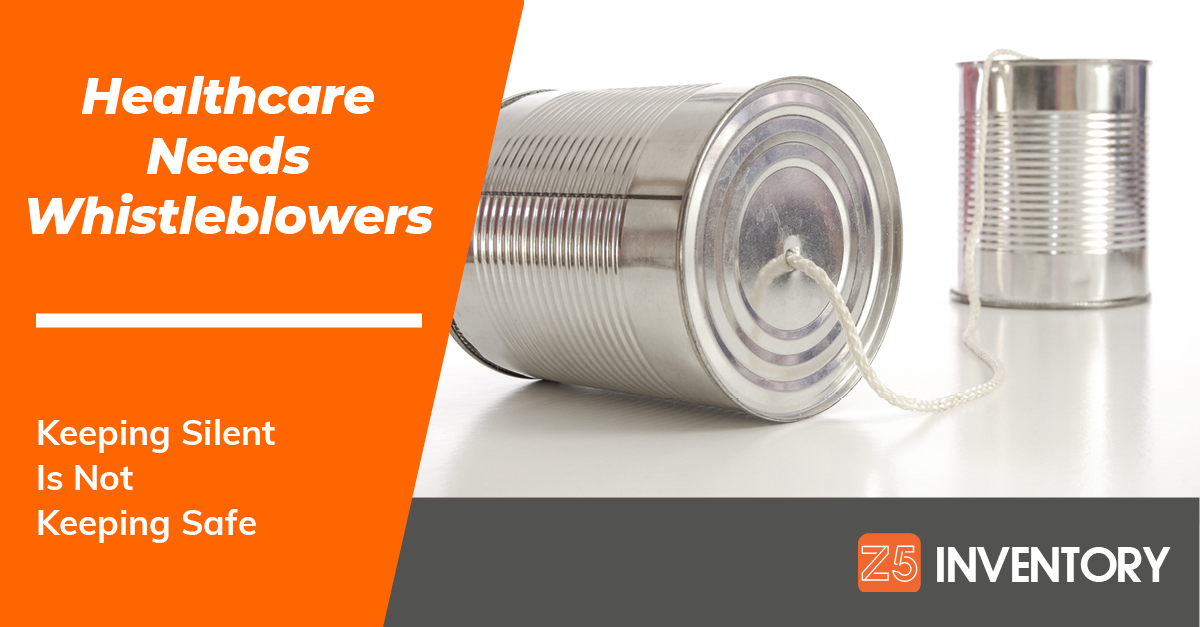
Hospitals should be sharing more information than ever right now. Should they also be sharing more information than they are?
(It's a relatively short one this week. If you're looking to fill up on healthcare and supply chain commentary, try the meatiest read we've served up this year: our write-up on the lessons COVID-19 has taught the supply chain.)
We talked recently about the importance of external communication about your approach to the coronavirus crisis, and everyone - from a hospital reporting its ability to treat patients, to a public institution planning its openness to interaction, to a businessperson outlining their differences in availability - should still be upping their level of communication.
At the most basic level, hospital administrators should be increasing the amount of updates that they provide to their staff, their patients, and the media.
But the amount we hear from them doesn't matter if the quality of the communication is low. Some recent examples come to mind immediately.
When a clinician gives inconsistent reports about the status of their patients and the severity of likely outcomes and the potential for infection spread, that erodes trust in that healthcare institution.
When a healthcare institution fails to invest in cybersecurity, then fails to inform its customers and mitigate further harm, that erodes trust in that healthcare institution.
When an employee feels it necessary to turn whistleblower, thereby revealing systemic issues that threaten patient safety, that erodes trust in that healthcare institution.
When an employee turns whistleblower but is proven to be completely off base and is themself a danger to public health and safety, that erodes trust in that healthcare institution.
And when all of these happen over and over again, it erodes trust in the institution of healthcare, period.
So what's our job as links in healthcare's supply chain? Communicate more openly internally. Communicate more openly externally. If your organization is preventing you from exposing how they're exposing patients to danger, become the whistleblower those patients deserve. There are lots of ways to do that safely and anonymously.
We shouldn't have to be the ones to tell you: "Honesty is the best policy." But if hearing it from us - and reading the reporting of experts who have done all the hard work of uncovering these problems while they're facing all the same challenges the rest of us are - finally convinces you, that's communication worth communicating.